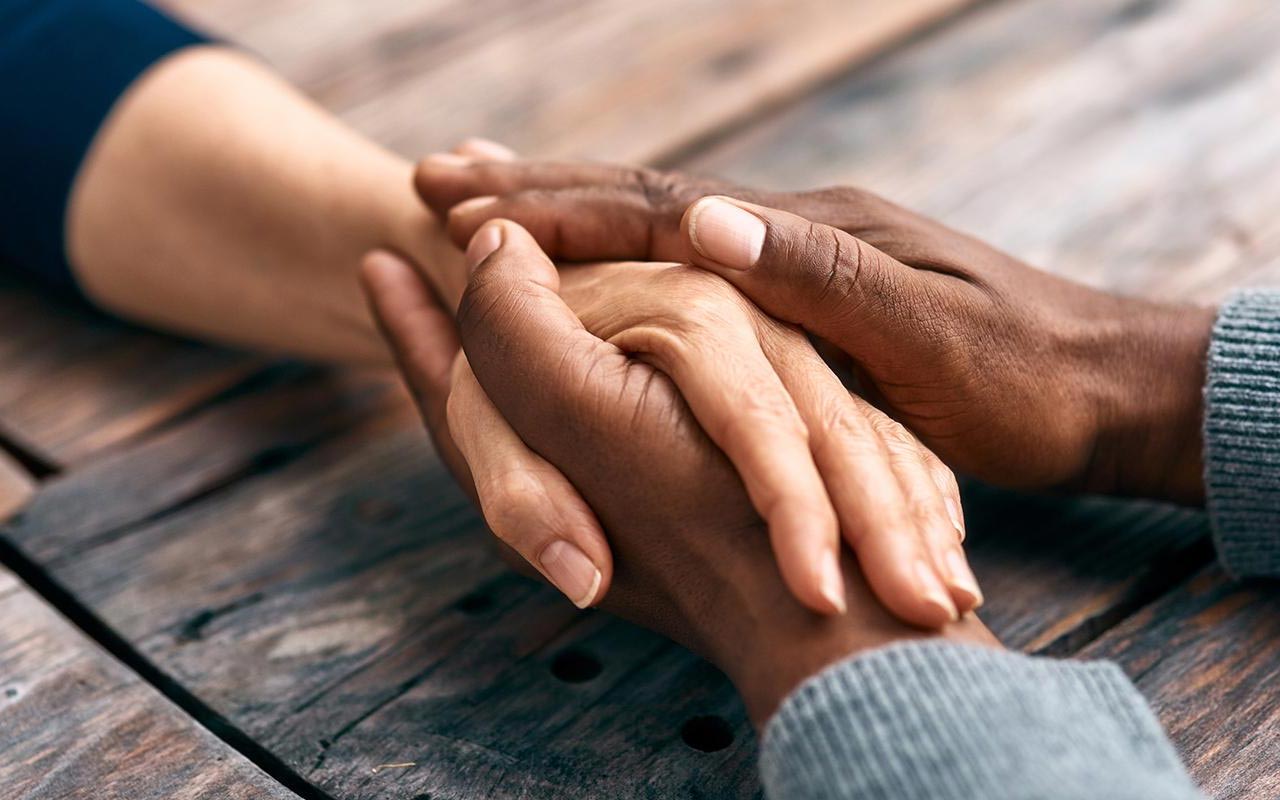15 Simple Ways to Develop Empathy
Empathy is the ability to understand and share the feelings of others.
Hey, Fuyu here, I hope you’re doing great. As you know, empathy is essential to healthy relationships, effective communication, and a fulfilling life. While some people may have a natural inclination towards empathy, it is also a skill that can be developed and cultivated.
For support, I have written this little humble article that explores 15 simple ways to develop empathy and improve your relationships with others.
How to Develop Empathy?
Developing empathy involves a conscious effort to understand and connect with others. It starts with cultivating self-awareness, which allows you to recognize your own emotions, biases, and limitations.
Here are 15 ways to develop empathy:
1. Listen Attentively
Active listening is a vital skill for empathy. It involves giving full attention to the person speaking and taking in what they’re saying without judgment or interruption. When you listen attentively, you show the other person that you care about them and what they say. You can also ask questions to clarify their message and demonstrate your interest in understanding their perspective.
2. Be Curious
Curiosity is an essential element of empathy. It helps you ask questions and learn more about the other person’s experience, thoughts, and emotions. By being curious, you show a genuine interest in the other person’s world, which can help you build stronger relationships and deeper connections.
3. Practice Mindfulness
Mindfulness involves paying attention to the present moment with an open and non-judgmental attitude. By cultivating mindfulness, you can develop greater awareness of your thoughts and emotions and those of others. This can help you stay present, focused, and empathetic in your interactions.
4. Put Yourself in Their Shoes
Empathy requires you to imagine what it’s like to be in someone else’s shoes. This means considering their perspective, emotions, and experiences. By doing this, you can better understand and empathize with the other person, which can help you build stronger relationships and foster greater understanding.
5. Watch Your Body Language
Nonverbal cues such as eye contact, facial expressions, and tone of voice can convey empathy and support. When you demonstrate empathy through body language, you show the other person that you care about them and their feelings.
6. Be Patient
Empathy takes time and effort. It requires you to slow down and be present in the moment. When you practice patience, you give the other person space to share their thoughts and feelings without feeling rushed or judged.
7. Be Respectful
Respecting others is an essential element of empathy. It involves treating others with kindness, dignity, and respect. When you respect others, you show that you care about them and value their perspective.
8. Volunteer
Volunteering is an excellent way to build empathy and compassion. It involves giving your time and energy to help others in need. When you volunteer, you can develop a greater appreciation for the challenges that others face, which can help you empathize with them more deeply.
9. Don’t Judge
Making assumptions and judgments about others based on appearance, behavior, or beliefs is easy. However, when you judge others, you are less likely to be able to empathize with them. Instead, try to suspend judgment and approach others with an open mind and heart. By avoiding judgment, you can develop greater empathy and understanding toward others.
10. Practice Self-Care
Self-care is essential for building empathy. It involves caring for your physical, emotional, and mental health. When you practice self-care, you reduce stress and improve your mood, which can help you be more compassionate and empathetic toward others.
11. Meditate
Meditation is an excellent way to cultivate empathy. By sitting quietly and focusing on your breath, you can develop greater awareness of your thoughts and emotions. This can help you become more present, centered, and empathetic in your interactions.
12. Practice Gratitude
Gratitude involves recognizing and appreciating the positive aspects of your life. When you practice gratitude, you develop greater empathy and compassion toward others. You can also cultivate gratitude by expressing thanks and appreciation to others, which can help you build stronger relationships.
13. Learn From Diverse Perspectives
Empathy requires seeing the world from different perspectives. You can do this by learning from people who have different experiences, cultures, and backgrounds than your own. By seeking diverse perspectives, you can expand your understanding of the world and develop a greater capacity for empathy.
14. Practice Forgiveness
Forgiveness involves letting go of resentment and anger towards others. You can develop greater empathy and compassion toward others when you practice forgiveness. You can also forgive yourself for past mistakes, which can help you cultivate greater self-compassion and empathy.
15. Practice Empathy Towards Yourself
Finally, practicing empathy towards yourself is essential. This involves treating yourself with kindness, compassion, and understanding. When you practice self-empathy, you develop greater self-awareness and self-acceptance, which can help you be more compassionate and empathetic toward others.
Conclusion
Developing empathy takes practice and effort, but it is a skill that can be cultivated and improved.
By incorporating these 15 simple strategies into your daily life, you can develop greater awareness of your thoughts and emotions, expand your understanding of others, and build stronger, more meaningful relationships.
With empathy, we can create a more compassionate, understanding, and interconnected world.

